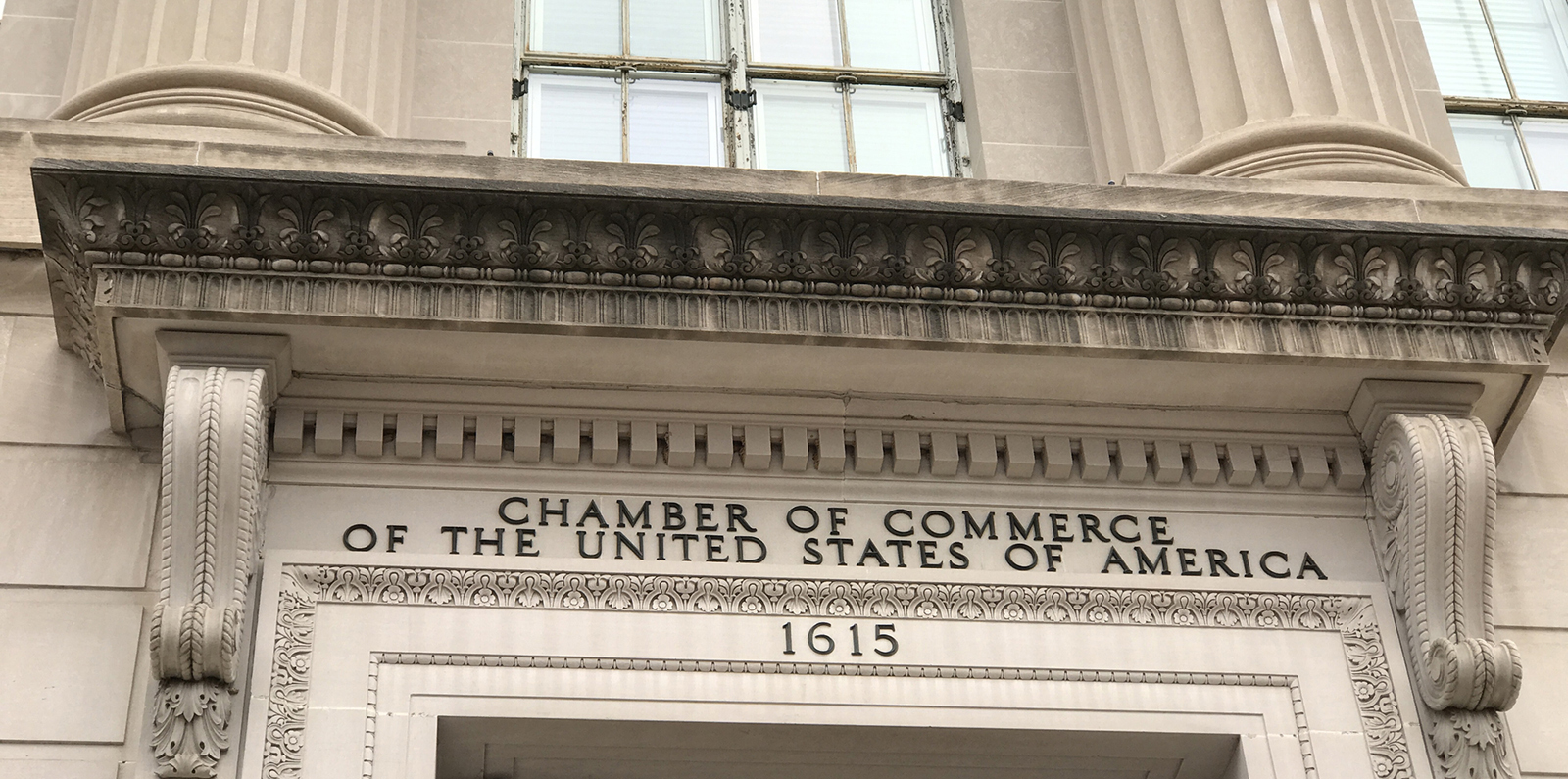Generational Concerns About Present, Future of Rhode Island’s Natural World
May 25, 2023
They live some 30 miles from each other and come from generations decades apart. They have never met, and their backgrounds are vastly different. But they share the same concern about Rhode Island’s natural world. They believe it’s being needlessly destroyed.
Foster resident Paul Allen doesn’t hide his respect for and love of nature, which he said was developed growing up exploring the woods, fields, and swamps of the Alligator State.
The Florida native has been a vocal opponent of Rhode Island sacrificing open space for solar-energy development. He has told local officials multiple times that, “Any policy that advocates deforestation or forest fragmentation and the destruction of habitat is bad design.”
Allen has long argued that solar should be prohibited in some parts of Foster, encouraging the town to consider preservation along Hartford Pike (Route 101) and around Jerimoth Hill — an area Allen noted is far less developed than the Route 6 corridor that features derelict buildings, vacant lots, and three ground-mounted solar installations near the Connecticut line, which required clear-cutting.
In an October 2015 letter to the editor published in The Providence Journal, Allen began, “The end of the last rural town in the most urban state has come. The spendthrift Town Council, desperate for revenue, unanimously voted to approve a new zoning ordinance allowing industrial large scale solar arrays in Foster.”
The 75-year-old has claimed the town is not getting much revenue for the environmental destruction it has allowed. He doesn’t believe Foster’s elected officials care about the town’s comprehensive plan or understand the natural world’s importance.
“In terms of development, the forest is garbage,” Allen wrote in a recent email to ecoRI News. “I expect development here to be as haphazard as ever.”

Nathan Cornell is a lifelong Warwick resident. The 25-year-old graduated from Toll Gate High School in 2016 and the University of Rhode Island four years later. He majored in history and minored in political science.
He’s concerned the state of Rhode Island only sees old-growth forests for their monetary value, claiming the state Department of Environmental Management’s longtime timber harvesting program has “destroyed most of our remaining old-growth forests, and prevented our second-growth forests from becoming old-growth or even mature.”
“DEM has also encouraged and helped private landowners to timber harvest their forests,” Cornell wrote in an opinion piece published last year in ecoRI News. “So, now only about 1% of Rhode Island’s forests are 100 years or older. The state agency claims this timber harvesting is good for the forests and creates early successional habitats. However, in the process, they destroy the forest ecosystem, opening it up to invasives and tick-filled brush. It also destroys habitat for the multitude of native species that need old-growth and mature forests to survive.”
In late January, he sent a mass email to local organizations and agencies with a link to a recently published white paper titled “Forest-clearing to create early-successional habitats: Questionable benefits, significant costs.” (ecoRI News was included in his mass email.)
“To all land trusts in Rhode Island and environmental stewards, here is a groundbreaking scientific paper that was published on the benefits of old growth forests, the land history of the northeast, and the current imbalance in the environmental community in prioritizing early successional forests over mature and old growth forests,” Cornell wrote.
The paper’s authors noted forest-clearing has become a major focus in the Northeast and “far less attention is given to protecting and recovering old-forest ecosystems, the dominant land cover in these regions before European settlement.”
“Taken together, and in the face of urgent global crises in climate, biodiversity, and human health, we conclude that public land forest and wildlife management programs must be reevaluated to balance the prioritization and funding of early-successional habitat with strong and lasting protection for old-growth and mature forests,” they wrote.
Allen has undergraduate degrees in English and psychology and a master of fine arts in cinema from the University of Southern California. The novelist has taught classical and modern literature, writing, and film at various colleges, including the Rhode Island School of Design and the University of Rhode Island.
He has called what he considers a lack of effort by some major environmental organizations to stop the carnage “disgusting.”
Cornell has called out a host of environment-based organizations and commissions, claiming they are more interested in the economic gains of cutting down trees than the essential services they provide if left standing.
Instead of preserving the environment, he said, they are aiding in the destruction of forests by pushing for increased timber harvesting and the creation of successional habitats for hunting.
Allen moved to Jamestown from Southern California in late 1987. He and his wife, Kandis, lived on Conanicut Island for 15 years. It is where Allen said he began to see Rhode Island’s disrespect for the natural world, noting “valuable brush habitat was cleared” around Beavertail State Park “to build expensive homes.”
The couple moved to rural Foster in February 2002, where Allen said the clear-cutting to build more expensive homes and “to create room to store junk” has steadily grown. He repeated what he wrote in an email, saying trees are “just garbage” to far too many people.
“When we first moved in, we often saw ruffed grouse and wood thrush on the property,” Allen said. “Since 2007, 2008, we’ve seen fewer and fewer of them.”
He blames the disappearance of these birds species and other wildlife — at least what he was accustomed to observing on his 13-acre property — on forest fragmentation being created in Foster and elsewhere and the state’s propensity to devalue trees.
“It’s this mentality from individuals to the state level to destroy the natural world,” Allen said. “There’s no foresight. On the weekends all you hear are chainsaws and backhoes cutting down trees and ripping up mountain laurel and other vegetation. This casual clear-cutting of forestland adds up. But it’s all about the now and revenue, and when it’s gone it’s not coming back again. It’s never going to be restored.”
In late April, I spent two hours driving around Foster with Allen. Among one of the first places Allen drove me to was a 125-acre property on Mount Hygeia Road (Route 94) that was once called Black Forest Farm. The farm featured a house, a barn, and a horse paddock, but much of the property was forest and wetland.
The property was sold, clear-cut, the topsoil sold off, and much of the land transformed into a gravel pit. It was renamed Black Forest Materials. The short-lived gravel business failed, and about a year ago the site was sold to a Woonsocket-based construction company.
Allen said the town did nothing to protect the property, and noted zoning changes are making it easier to destroy the town’s rural character. To make his point, he pointed out the many perked properties — to see if the site is suitable for a septic system — on Snagwood Road, East Killingly Road, Tucker Hollow Road, dirt roadways, and streets throughout the town. All of the properties are or were forested and often feature ponds and/or wetlands.

Allen noted the clear-cutting of forestland to make room for ground-mounted solar installations in Foster and around the state is misguided and counterproductive.
In a March 26 letter to Rep. Joseph Solomon Jr., D-Warwick, chair of the House Corporations Committee, Allen urged the passing of a bill (H5540) that says solar projects should be limited to sites that have had previous development or disturbance, including landfills, gravel pits, quarries, brownfields, Superfund sites, industrial and commercial zones, parking areas for solar carports, and rooftops.
“Limiting renewable energy incentives for solar to sites identified in this bill will help to protect Rhode Island’s irreplaceable natural assets,” Allen wrote. “To truly achieve the mandates of the R.I. Act on Climate, forests, wildlife and ecosystems must not be destroyed in the name of renewable energy. To destroy the natural world to save it would be the worst of bad design and false leadership.”
His frustrations shone through during my Foster tour. “The state has no plan to protect the natural world,” Allen said.
But it just seems that way. Rhode Island actually has a plethora of reports and studies that outline what the state needs to do to protect the environment. It just ignores their recommendations.
For example, from 2018 to July 2021, Rhode Island lost 1,041 acres of open space to ground-mounted solar development. In the meantime, plenty of paved-over space remains vacant or underutilized.
“The dilemma I see is that none of our efforts are succeeding in saving the natural world here,” Allen wrote in another email to ecoRI News. “There is no leadership at the state or local level. The ‘orgy of destruction’ identified by the UN general secretary at the biodiversity meeting in Canada is taking place here. The false leadership of the state is letting the forest and wildlife be destroyed.”
Cornell, who served on the Warwick School Committee from 2019-2022, is concerned about a forest-related bill before the General Assembly. He said H5784 would remove the sales tax for forest product operations and “therefore provide incentives to increase logging and expand the timber industry in Rhode Island.”
He told ecoRI News in a recent email that he testified against the bill because “an expanded timber industry right now means more old growth forests and rare forest ecosystems could be logged since those areas are not currently protected.”
He noted an expanded timber industry might not be sustainable “due to the overpopulation of deer which are eating the buds growing from the stumps of the logged trees, preventing the forests from regenerating.”
“While I am personally not opposed to all logging and understand the economic need for forest products, it doesn’t make sense to pass this bill now when our old growth forests and rare forest ecosystems are not yet protected,” Cornell wrote. “There are absolutely no environmental benefits in H5784 as logging makes our forests less biologically diverse, leads to invasives spreading in our forests, increases the chance of wildfires, releases most of the carbon stored in the trees into the atmosphere as pollution, and has a negative impact on water quality. It just destroys our natural ecosystems.”
Among the entities Cornell blames for the state’s depletion of the natural world are DEM and his alma mater. He told ecoRI News that URI “is at the heart of the timber industry in Rhode Island and contributing to the destruction of Rhode Island’s natural ecosystems.”
“Due to URI being the hub of the timber industry in Rhode Island, its Departments of Environmental Science and Biological Science are filled with pro-logging Professors who teach a curriculum that is pro-forest management/logging,” Cornell wrote in another email to ecoRI News. “Some URI students have told me that much of what they learn in their classes is how much money you can get from the timber of a certain tree. Therefore, the timber industry is indoctrinating our youth to be entirely in support of logging on all forests as ‘good’ management, and not for protected natural forest areas with no logging, despite the ecological damage that excessive logging is doing to Rhode Island, especially our state’s public forests, and our nation’s forests at large.”
As for DEM, he’s frustrated the state agency has spent 30 years ignoring the Natural Areas Protection Act of 1993. The legislation was supposed to elevate “the health and welfare of the people of Rhode Island by promoting the preservation of areas of unique natural interest for scientific, educational, recreational, cultural, and scenic purposes” and to “allow significant public and privately owned lands of critical environmental concern to be designated as natural area preserves.”
DEM hasn’t designated even one Natural Area Preserve, to provide the “highest level of protection to the state’s most environmentally sensitive natural areas.” In fact, an agency spokesperson told ecoRI News earlier this year that, “No one currently at DEM recalls the genesis of this Act.”
From 1978 to 2007, DEM and The Nature Conservancy co-ran the Rhode Island Natural Heritage Program, which identified, monitored, and protected native biodiversity and the habitats it needs to survive. It mapped areas with unique ecological characteristics such as old trees, rare plants, and endangered species.
The longtime program, though, became a victim of DEM budget cuts and a shift to making state-protected open space more recreational friendly.
Cornell said it is time for the state to reinstate and fund the Natural Heritage Program, to protect Rhode Island’s native species that need mature and old-growth forest habitats to survive.
He recently wrote a paper about how to create a new version of the defunct DEM effort. The five-page document titled “Structure of the new Rhode Island Natural Heritage Program” charges the program with protecting the state’s natural ecology by creating the Natural Areas Preserve system and conducting site work before forestry operations and public land developments to ensure no old-growth forests, rare forest ecosystems, or endangered species are harmed.
Cornell also calls for the reborn Natural Heritage Program to inventory all old-growth forests in the state and develop science-based solutions to major challenges facing Rhode Island’s native forests, including loss of old forests and biodiversity, invasives, tree diseases, and climate change.
“DEM’s main priorities are economic and recreation, not natural ecology despite it being what we need most right now to save our natural forests,” he said. “While there are scientists who are concerned about DEM’s damaging and archaic forest management practices, they won’t publicly say anything about it because DEM could retaliate by withholding funds for their research or funding for their environmental group. This is why we need a Natural Heritage Program again, separate from DEM, so decisions are made based on the recent science and not because of what the timber industry or hunters want.”
Frank Carini can be reached at [email protected]. His opinions don’t reflect those of ecoRI News.




I feel the same way about the industrialization of our beautiful ocean for the profit of foreign mega corporations installing offshore power generating facilities. Once it is gone it may never come back.
Changes to the zoning and subdivision regulations can help to protect open space. This is an essential step toward forest and habitat preservation